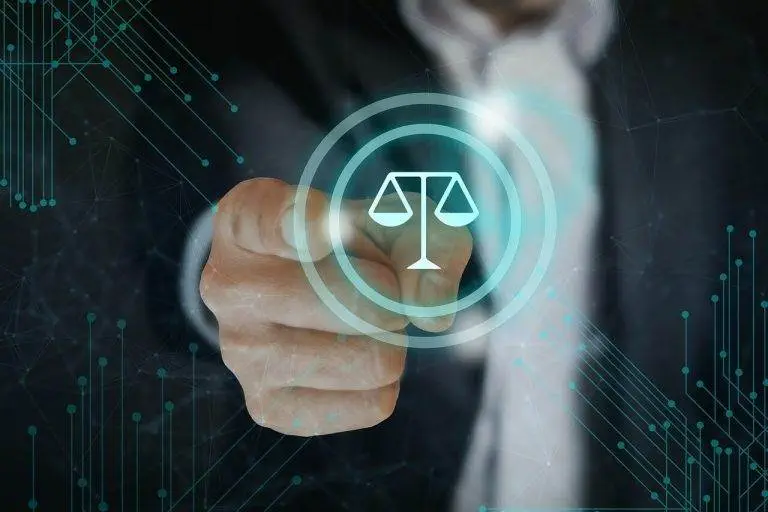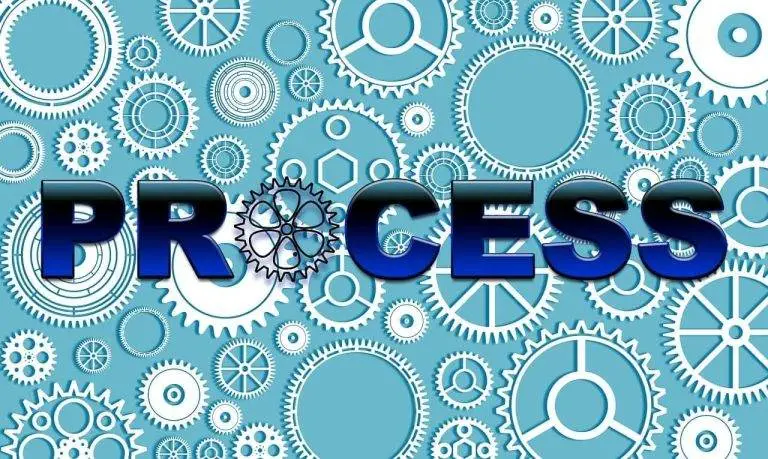When a business undergoes liquidation in South Africa, creditors often face uncertainty regarding their outstanding debts. Understanding how the business liquidation process works can help creditors navigate this challenging time more effectively.
If your company is struggling to pay debts, including SARS debt, speak to us to learn how liquidation can provide a way to manage debts while maintaining the ability to trade.
How Liquidation Works for Creditors
In the liquidation process, the company’s asses (if any) are sold to pay off debts. The proceeds from these sales are distributed to creditors based on the order of priority outlined in the Insolvency Act.
- Secured Creditors: Creditors with security over assets, such as banks with mortgage bonds or landlords, are prioritized. SARS stands next in line and following SARS salaries/wages follow.
- Unsecured Creditors: These include creditors for credit cards, vehicle financing, hire agreements, and personal loans. Unsecured creditors are only paid if there are funds remaining after secured creditors have been settled.
-
If the company’s assets are insufficient to cover the total debt, creditors may not receive the full amount owed, and any shortfall must be written off, unless the directors signed personal surety for the debt in which case the creditor can try and collect shortfalls from the directors.
What Creditors Should Do After Liquidation
Once the company has been placed into liquidation, creditors will receive a formal notice from the liquidator. This notice includes an instruction to attend a creditors’ meeting with further instructions on how to prove a claim.
To ensure their claims are recognized, creditors must provide all relevant documentation to the liquidator. This includes:
- Invoices
- Contracts
- Agreements relating to the debt
Failure to submit these documents means the claim may not be included in the liquidation proceedings, and creditors risk not receiving any payment.
The Role of the Liquidator and Payments to Creditors
The liquidator oversees the entire process, from selling the company’s assets to distributing the proceeds to creditors. The timing and amount of payment depend on:
- The priority of the creditor’s claim
- The total value of assets available (if any)
- The specific circumstances of the liquidation
For instance, if property sales are involved, the process may take longer, while simpler cases may be resolved more quickly.
By cooperating with the liquidator and understanding the process, creditors can improve their chances of receiving payment in accordance with South African law.
Conclusion
The liquidation process can be daunting for creditors, but understanding how it works is crucial. Secured creditors are given priority, while unsecured creditors are paid only if funds remain. Providing necessary documentation and engaging with the liquidator are essential steps for creditors to protect their interests.
Liquidation offers a structured process for managing debt while ensuring fair distribution of available funds. If you are dealing with unpaid debts or considering liquidation for your business, reach out for professional advice on how liquidation in South Africa can work for you.




